Experts in climate change and delegations attending the ongoing 29th Edition of the United Nations Climate Change Summit (COP29) in Baku, Azerbaijan‘s capital, have raised significant concerns regarding the new funding proposals aimed at assisting developing countries address crises induced by climate change.
The fresh text proposal published Thursday by the United Nations Climate body (UNFCCC), came after over nine days of ongoing climate talks in Baku.
The fresh text embodies funding options and how much money wealthy countries should provide poorer nations to help them address climate change impacts as enshrined in Parties Nationally Determined Contribution (NDCs) documents submitted to the (UNFCCC) as mandated by the 2015 Paris Agreement.
The ten-page document released and reviewed by this newspaper clearly indicated funding options proposed for developing countries to adapt to lingering scourge of climate change, however, there are huge disparities with regard to the funding demands of the developing countries (Global South).
While the summit is set to wrap up on Friday, the new document has attracted wide reaction from climate activists, observers and delegations across the negotiating blocs amidst perceived gaps in the proposed text.
A review of the new text shows that no definite/specific amount has been agreed on how much rich countries are to pay poorer nations annually to combat climate change effects believed to be caused by the wealthy nations. There are still lingering concerns on key questions tilting towards: what is the annual figure? Who pays and how much?
‘The new text rightly diagnoses the climate problem, including the required finance for adaptation and energy transition, but glaringly omits what the rich countries will actually provide to developing countries,” said Mohamed Adow, Founder and Director of Power Shift Africa, in an interview with PREMIUM TIMES.
Nigerians need credible journalism. Help us report it.
Support journalism driven by facts, created by Nigerians for Nigerians. Our thorough, researched reporting relies on the support of readers like you.
Help us maintain free and accessible news for all with a small donation.
Every contribution guarantees that we can keep delivering important stories —no paywalls, just quality journalism.
At the ongoing COP29 summit, dubbed the “finance COP”, developing countries, particularly Africa, are demanding at least $1.3 trillion annually by the end of the decade to cope with climate change effects.
Parties and delegations are enthusiastic about world leaders fulfilling the New Collective Quantified Goal (NCQG) target, designed to provide support for vulnerable communities in global climate solutions.
Key recognitions
The newly published text, among several recognitions, noted the need for the implementation of the NCQG to reflect the evolving needs and capabilities of countries.
Similarly, it acknowledges that developing countries suffer the disproportionate impacts of climate change, whilst facing various barriers and challenges, including high costs of capital, limited fiscal space, high levels of indebtedness, and high transaction costs, which also further exacerbate existing developmental challenges.
Decisions
Additionally, among several decisions proposed in the newly published text, the Parties decided to establish a New Collective Quantified Goal on climate finance of “at least USD [X] trillion of dollars annually, from 2025-2035, provided and mobilised from developed to all developing countries and to address their evolving needs.”
According to the new text, this would be in “grants or grant-equivalent terms of new, additional, affordable, predictable, non-debt inducing and adequate climate finance, for adaptation, mitigation and loss and damage, to support developing country Parties, in a country-driven manner, in the implementation of their National Determined Contributions, Long-term strategies, National Adaptation Plans, Climate Finance Strategies, Technology Action Plans, among other nationally identified plans and strategies or other instruments”
“Lack of specific numbers”
Based on the aforementioned paragraph of the text, Mr Adow said the elephant in the room is the “lack of specific numbers in the text”.
“This is the ‘finance COP’. We came here to talk about money. The way you measure money is with numbers. We need a cheque, but all we have right now is a blank piece of paper,” he noted.
He acknowledged that the newly proposed text includes some important signals on grant based financing, and the need to avoid debt-inducing instruments.
However, the climate Justice activist said developed countries now urgently need to fill in the blanks and put their finance card on the table to move the negotiations forward.
On his part, David Tong, Global Industry Campaign Manager, Oil Change International (OCI), said the key energy transition package agreed last year in Dubai is absolutely still alive, but ambition has gone missing in the mitigation work programme.
“And the reality is that this is because without finance there is no phase out and we are seeing wealthy nations refusing to step forward with the quantum needed for climate finance. Without finance, there is no phase-out,” he said during a press briefing at the COP29 media centre on Thursday morning.
The climate expert said “the energy transition must be financed, adaptation must be financed. Loss and damage must be financed. That is crucial to achieving a breakthrough across these texts.”
“We are seeing very divergent options. Options that are strong and options that are weak with the exception of the mitigation work programme where the ambitious option is simply not there,” he noted.
COP29
This year, the world’s famous climate summit -COP29, dubbed the “finance COP” is expected to deliver a more ambitious climate finance target to help vulnerable countries address climate change impacts.
With less than 48 hours to the end of the COP negotiations in Baku, Parties and delegations are enthusiastic about world leaders fulfilling the NCQG target, designed to provide support for vulnerable communities in global climate solutions.
However, many delegates and negotiators, particularly those from the Global South have expressed displeasure over perceived weak commitments and sabotage from wealthy nations.
Support PREMIUM TIMES' journalism of integrity and credibility
At Premium Times, we firmly believe in the importance of high-quality journalism. Recognizing that not everyone can afford costly news subscriptions, we are dedicated to delivering meticulously researched, fact-checked news that remains freely accessible to all.
Whether you turn to Premium Times for daily updates, in-depth investigations into pressing national issues, or entertaining trending stories, we value your readership.
It’s essential to acknowledge that news production incurs expenses, and we take pride in never placing our stories behind a prohibitive paywall.
Would you consider supporting us with a modest contribution on a monthly basis to help maintain our commitment to free, accessible news?
TEXT AD: Call Willie - +2348098788999








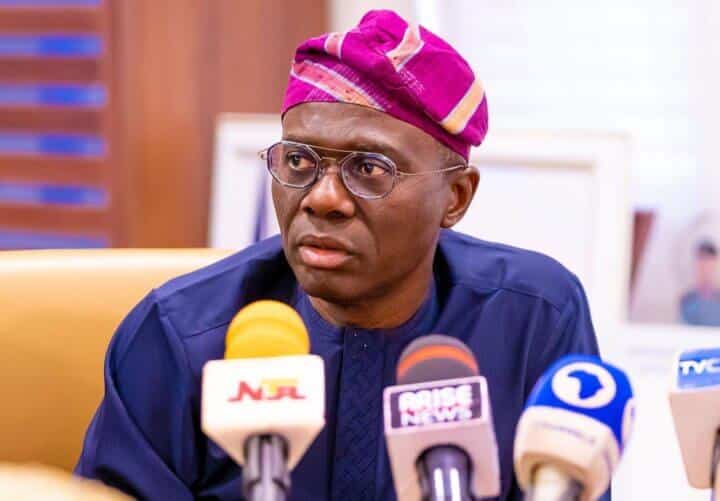
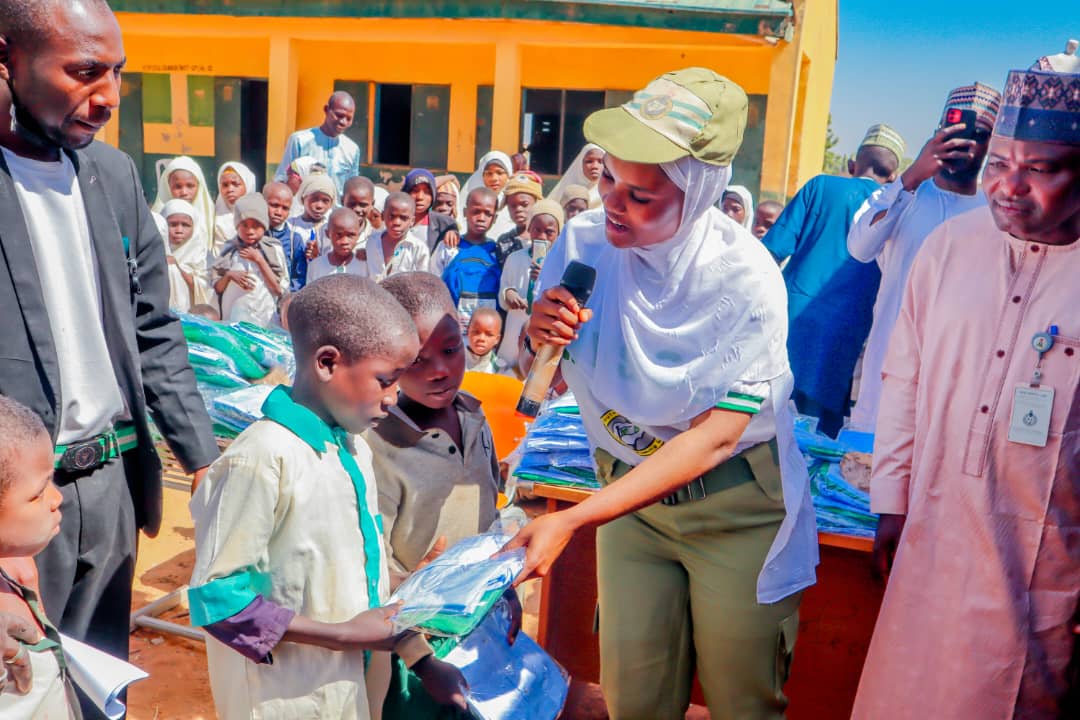
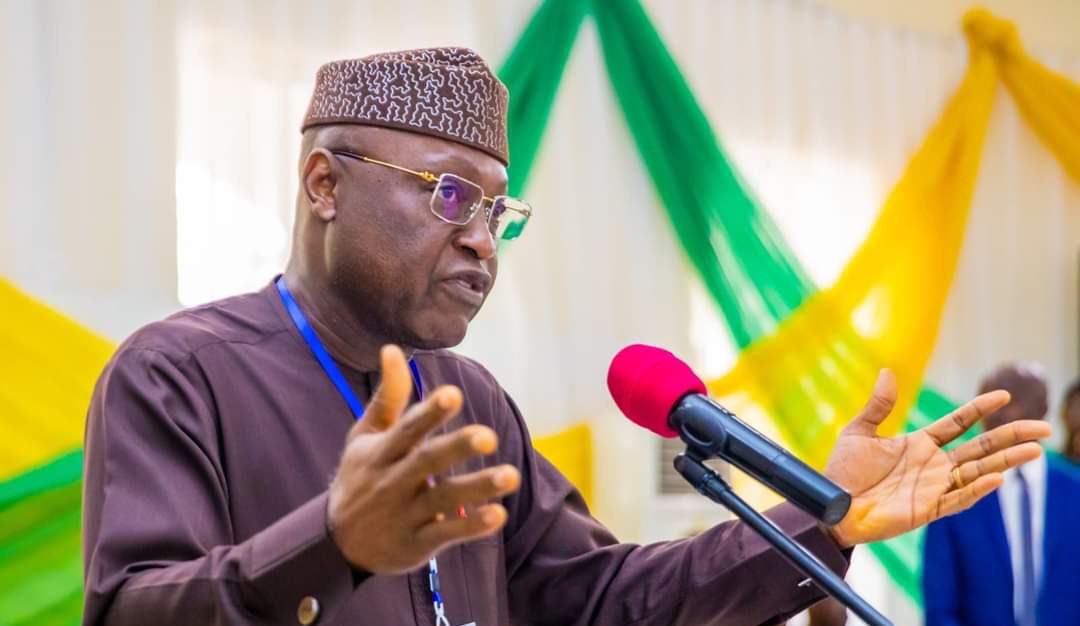



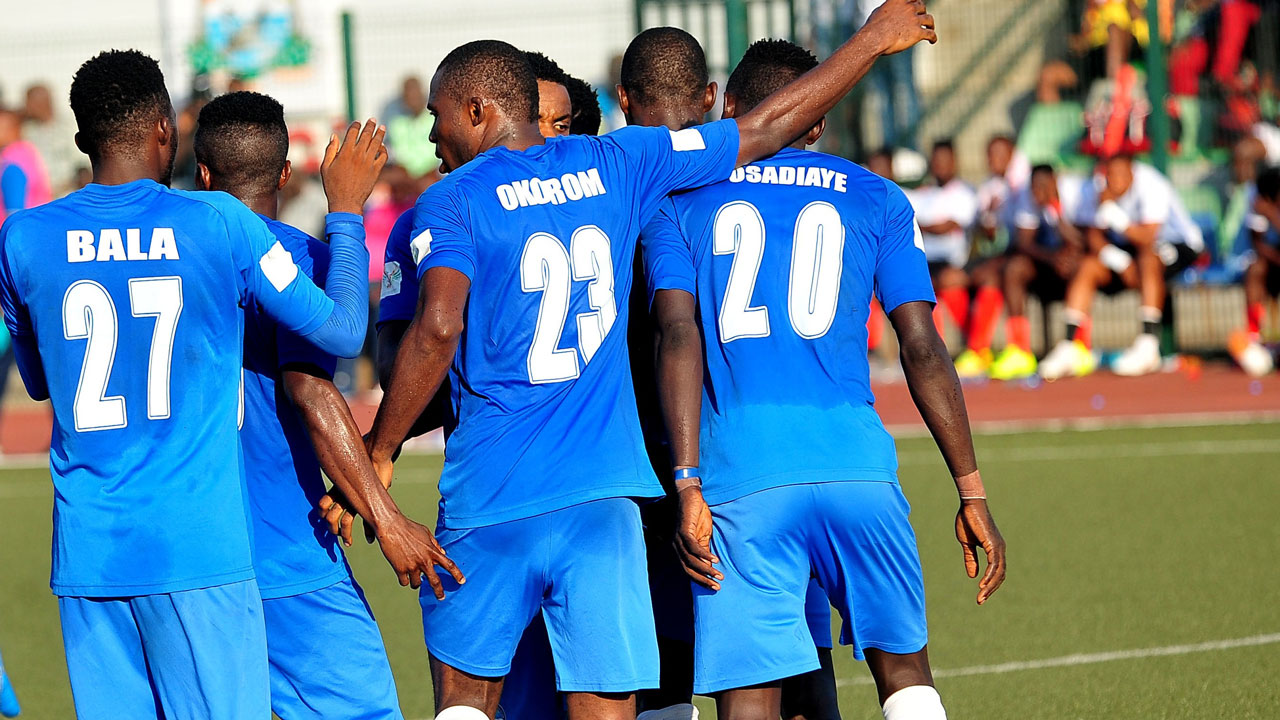

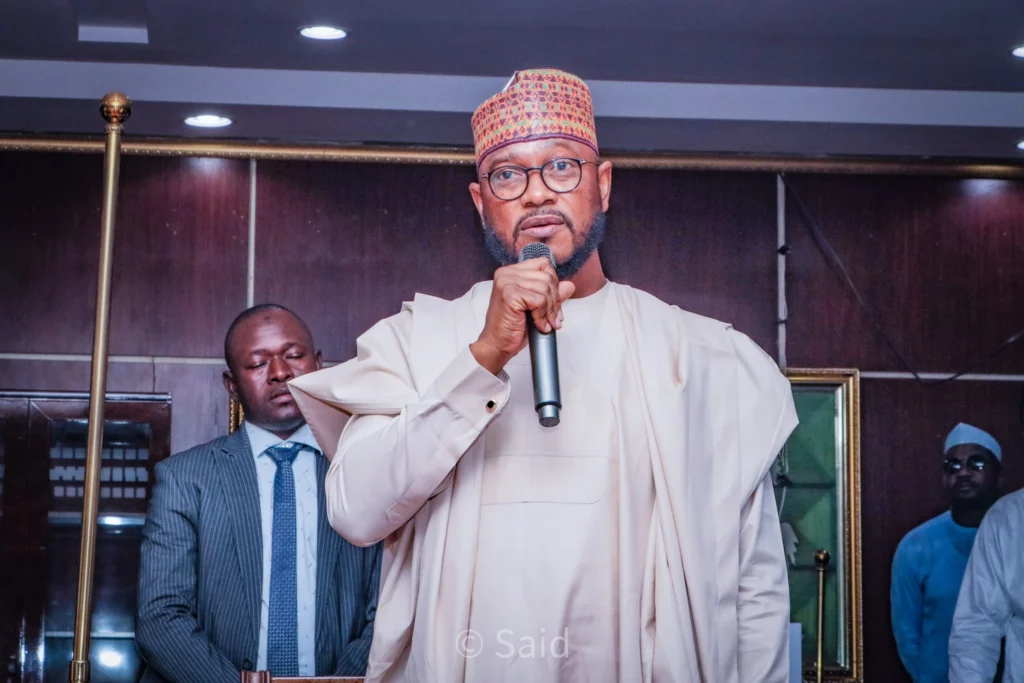
 English (US) ·
English (US) ·